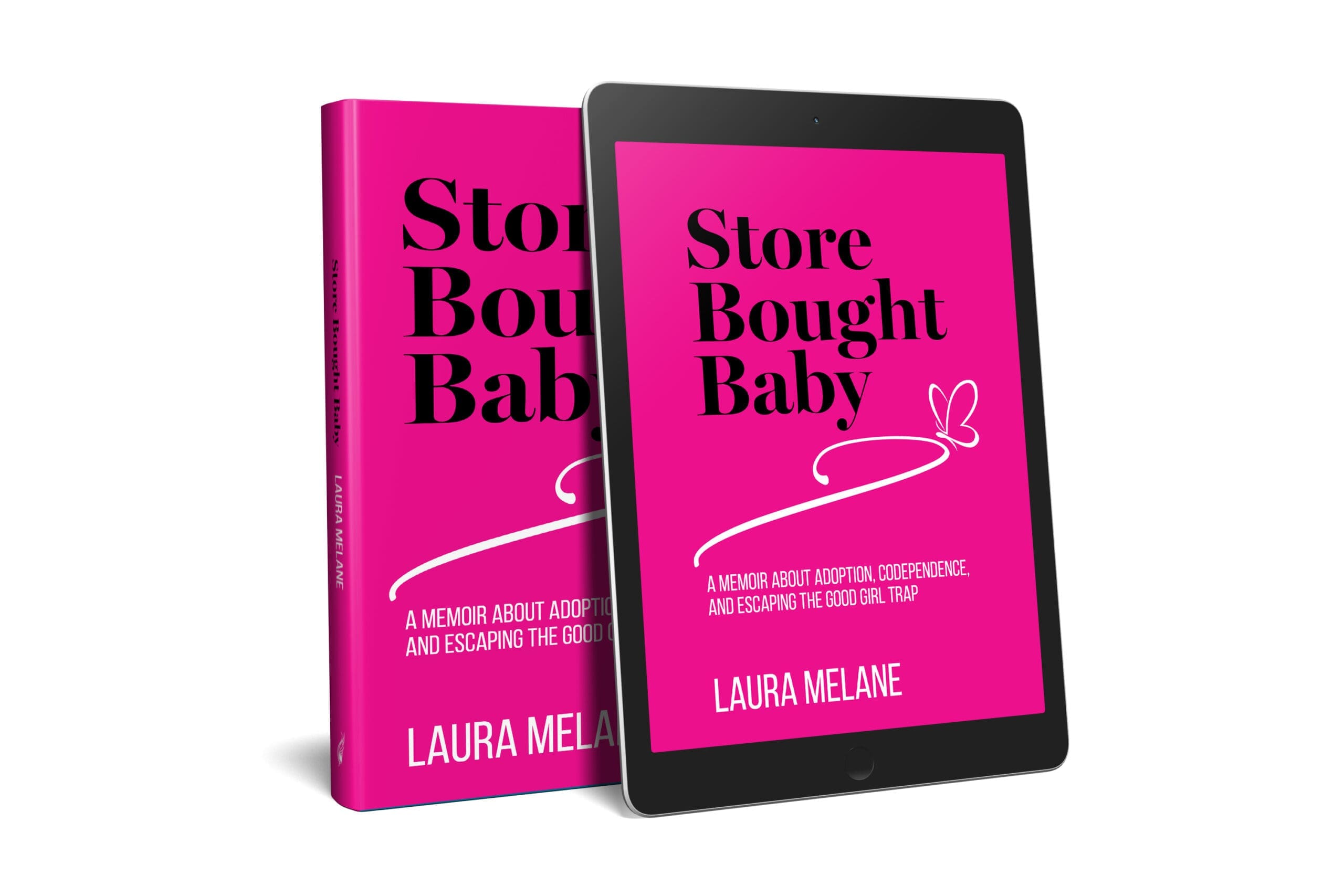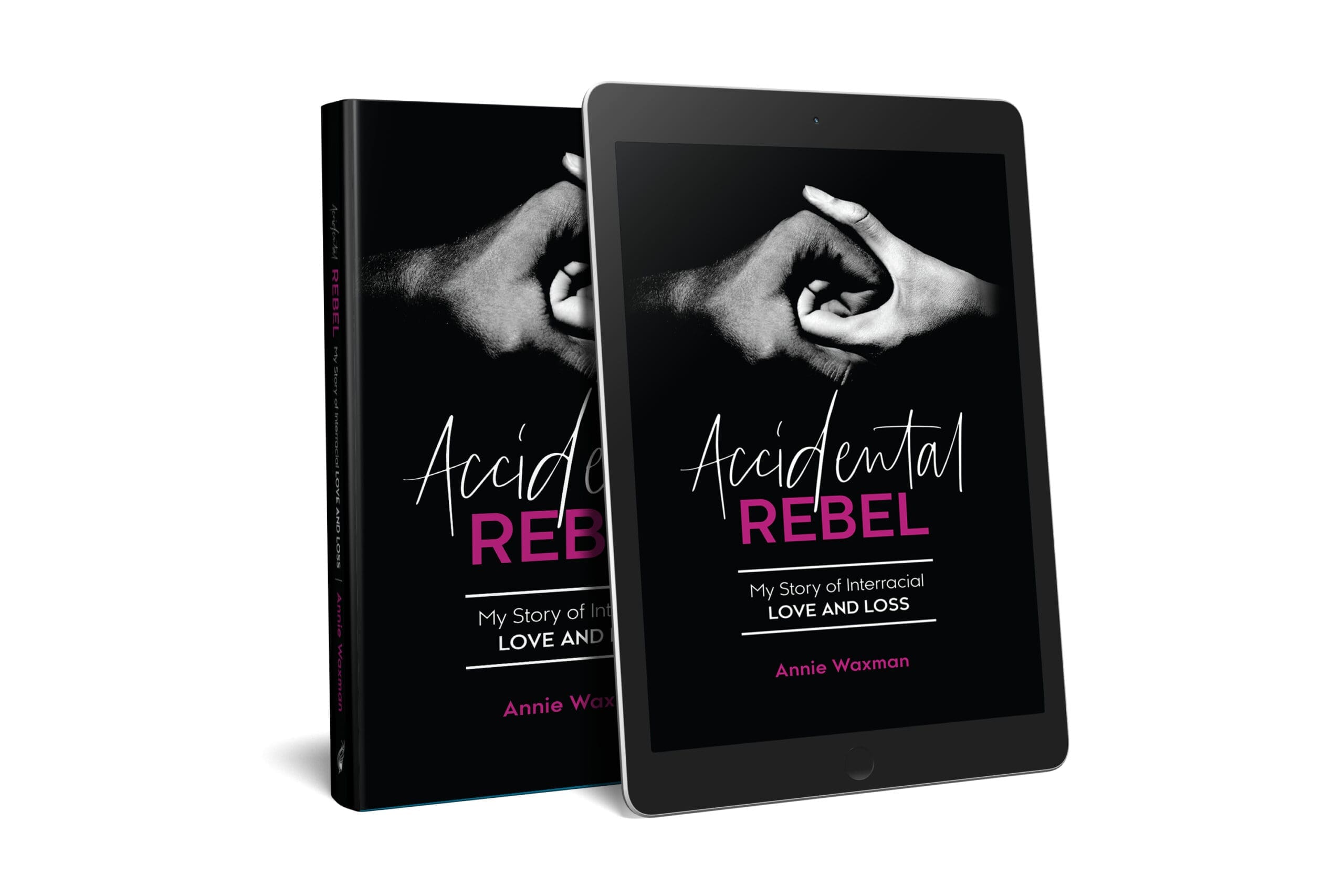When I was young, my adoptive mom once announced in her Southern Mississippi drawl—and with lots of love—that she had one “store bought baby” (me) and one “homegrown baby” (Heather). Today, because of her dementia, Mom can’t remember saying this. To me, being her store bought baby is a badge of love and commitment from my entire adoptive family, as well as a badge of my own strength and resilience.
While my adoptive parents, Glenn and Annette, loved me and never made me feel anything but accepted, our family wasn’t perfect. There was plenty of dysfunction under our roof. My dad was an alcoholic and largely absent from our lives, both physically and emotionally. Thankfully, drinking made him “happier” rather than angry or abusive.
My mom was an organized, responsible, Type A person who dealt with her husband’s alcoholism—and her own unhappiness and resentment—by focusing all her energy on the practicalities of running the household while also having full-time employment. She was supportive and hugged me and Heather, so we didn’t miss out completely on the physical affection that children need. But neither Mom nor Dad had space left over in their lives to provide us with deep emotional connections—none of which they experienced in their childhood either.
As a result, I spent much of my life trying to fill the void inside me with love and validation from other people, especially romantic partners. I tried to earn that love and validation by taking care of everyone around me first. I’m an incredibly empathetic person, but I never learned how to turn that empathy back on myself. A big part of this inability to love, prioritize, and care for myself came from my “good girl” upbringing.
I grew up going to Sunday school in Baptist churches in Florida, then Washington state when our family moved from one corner of the country to the other. The combination of religion and American culture affected me, like so many other girls and women, by making me believe that God and everyone around me would only love and accept me if I was a people pleaser, emotion repressor, and all-around “good girl.” Being adopted only deepened that belief.
Looking back, I see that I spent so much time thinking, Well gosh, I better be really good, do everything right, and not rock any boats. I constantly suppressed emotions, thoughts, and opinions that I wanted to voice to keep the peace and not make trouble, especially with my mom. I became someone who didn’t know how to acknowledge, let alone express and act on, my own needs and wants.
This is the “good girl” trap that so many girls and women live inside, unable to escape. Many of us don’t come from abusive, fundamentalist, or other toxic households. I wasn’t a victim, either as a child or in my marriage. My parents were really good people. They genuinely cared about me, my sister, and the people in our community. They were honest to a fault (except when ignoring my dad’s alcoholism and the dysfunctional elephant in the room). They taught me to be a kind person. I was lucky. Yet I carried my “good girl” conditioning into adulthood and especially into my romantic relationships—including my twenty-two-year marriage.
It took me years to finally recognize that I was living in the “good girl” trap and that I’d had enough of it. I was fed up. I realized I wasn’t living the life I wanted. I realized I had to change and grow. And I realized I could change and grow, if I just kept trying, even when I had setbacks.
All these realizations didn’t come suddenly. They didn’t strike me like a bolt of lightning one day. There was no dramatic turning point or climax like in the plots we read in books or watch in TV shows and movies. Life usually doesn’t work like that. Instead, I put in the work and made incremental improvements over time. Sometimes the learning curve was steep. I made mistakes and repeated negative behaviors, but I kept going. That’s how real people, rather than fictional characters, become the heroes of their own stories.
Why do so many of us still grow up in the “good girl” trap, never to escape, never to act on our own needs and wants? Of course, the answer is always systemic and structural—who has the power within the systems and structures that make up our society? And who is desperate to keep that power by any means necessary?
Well, I’m here to show every woman living in the “good girl” trap that you can escape it. Growth is possible. Change is possible. Change is difficult because we fear the unknown. Many people catastrophize and ruminate on every possible horrible outcome. We want to stay where it’s comfortable and familiar. We tell ourselves, What if I change and it’s worse? But what we should be asking ourselves is, What if I change and it’s amazingly better and beyond my wildest dreams? In the past,I’ve feared being on my own. Today, after much healing, I can honestly say I’ve made the changes I feared and that this is the best time of my life.



